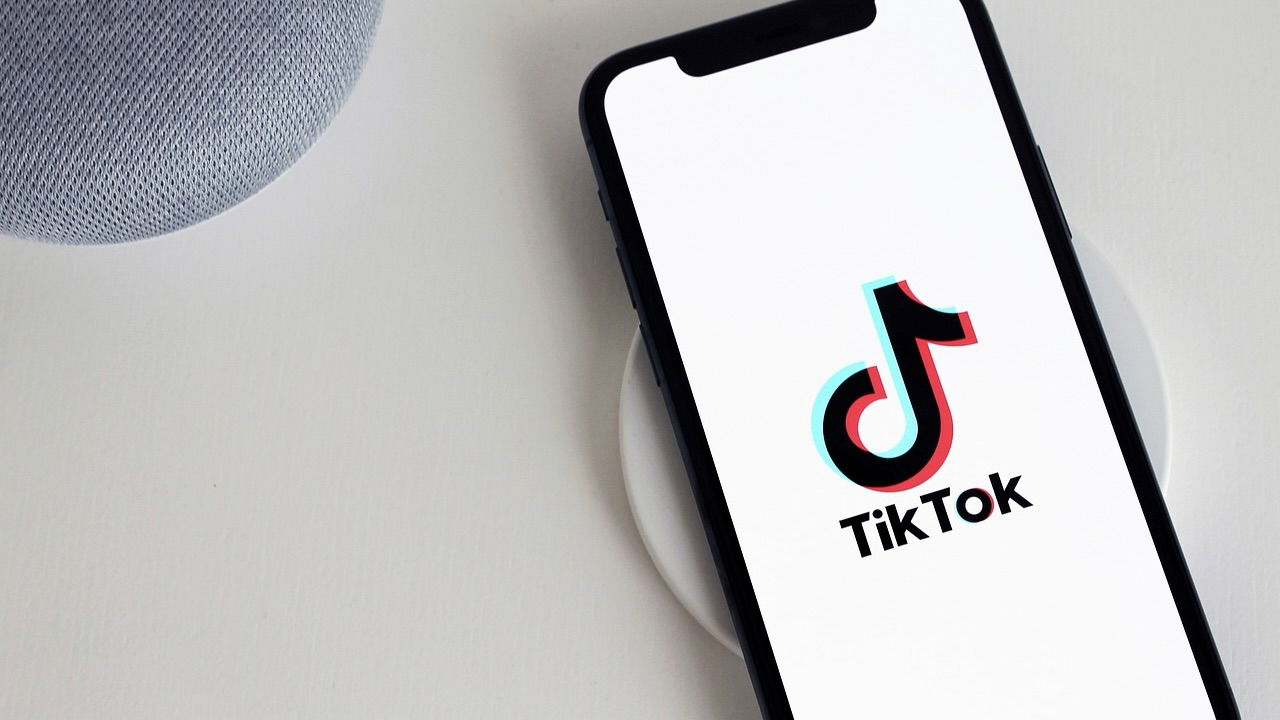
By Gavin Boyle
After extending the deadline for the TikTok ban in early June, President Donald Trump now says a deal has almost been made that the public should know most details about within the next two weeks.
“We have a buyer for TikTok, by the way,” President Trump told Fox News. “I think I’ll need, probably, China’s approval, and I think President Xi [Jinping] will probably do it. [The buyers are] very, very wealthy people. It’s a group of very wealthy people.”
Though Trump offered no more details on the deal, an insider later revealed that the buyers are a group comprised of Oracle Corp., Blackstone Inc. and venture capital firm Andreessen Horowitz. This group was previously close to securing a deal, but it broke down after heavy tariffs were threatened and imposed on China.
Related: President Donald Trump Extends the Deadline on TikTok’s Ban…Again
Nonetheless, President Trump has remained positive that a deal will eventually take place, which is why he extended the deadline by so many months.
“President Trump will sign an additional Executive Order this week to keep TikTok up and running,” said White House Press secretary Karoline Leavitt when the deadline was extended in June. “As he has said many times, President Trump does not want TikTok to go dark. This extension will last 90 days, which the Administration will spend working to ensure this deal is closed so that the American people can continue to use TikTok with the same assurance that their data is safe and secure.”
Meanwhile, the American public has changed its tune when it comes to a ban of the platform. A Pew study from earlier this year found that only a third of American adults now support a ban, down from 50% in March of 2023. This change in sentiment comes as more Americans believe a ban would infringe on free speech rights, that TikTok does not impose a great national security risk and because of the impact it would have on small businesses who rely on TikTok for marketing and exposure.
Despite what many Americans now think, TikTok still hosts dangerous content that becomes popular on the site. For example, a study released in June found that nearly half of the top 100 mental health advice videos on TikTok contain misinformation.
“TikTok is spreading misinformation by suggesting that there are secret universal tips and tricks that may actually make a viewer feel even worse, like a failure, when these tips don’t simply cure,” explained psychologist Amber Johnson.
Thus, even if TikTok no longer poses a national security threat — especially if a divestment deal is achieved — there are still problems with the site that need to be addressed in order to make it a safe space for American users.
Read Next: Does a TikTok Ban Violate Your Constitutional Right to Free Speech?
Questions or comments? Please write to us here.


 - Content:
- Content: 

